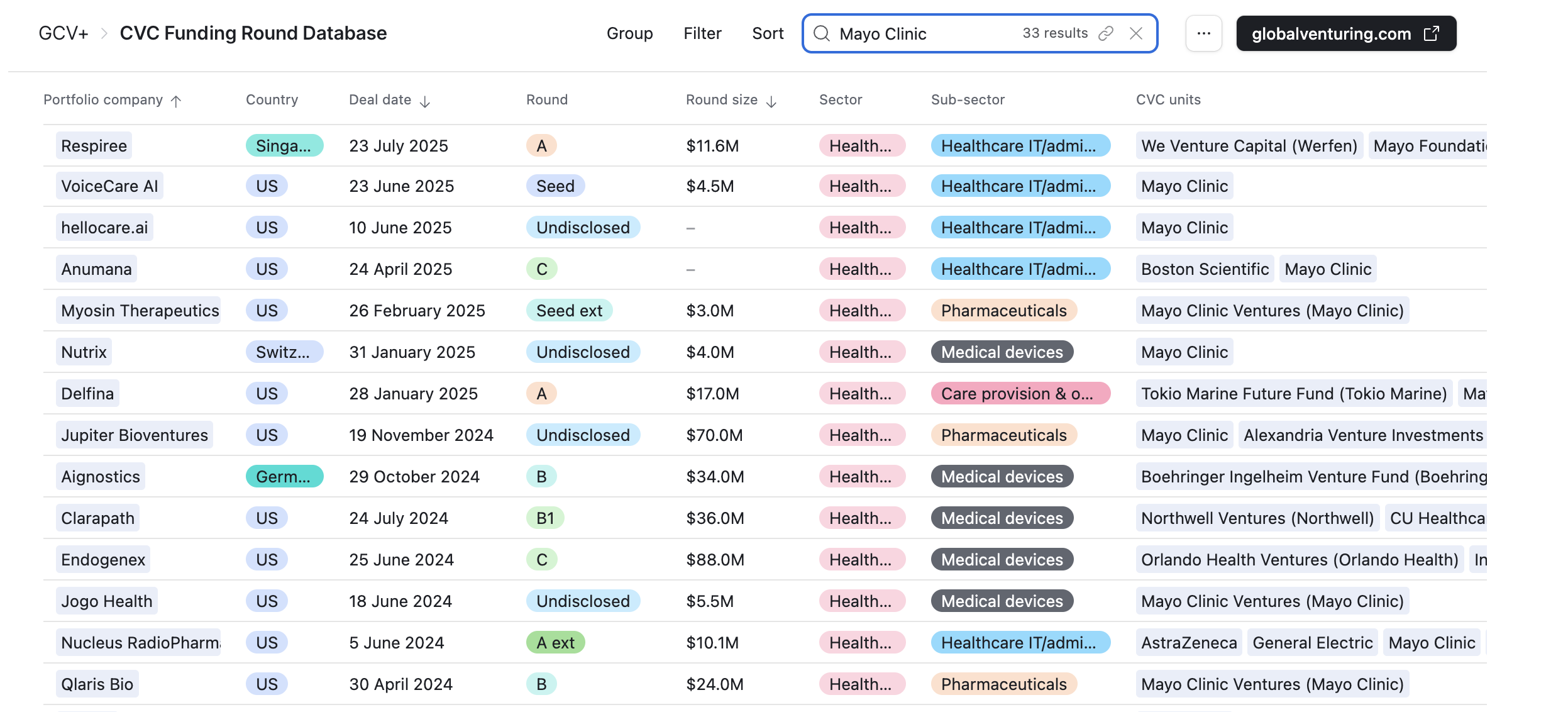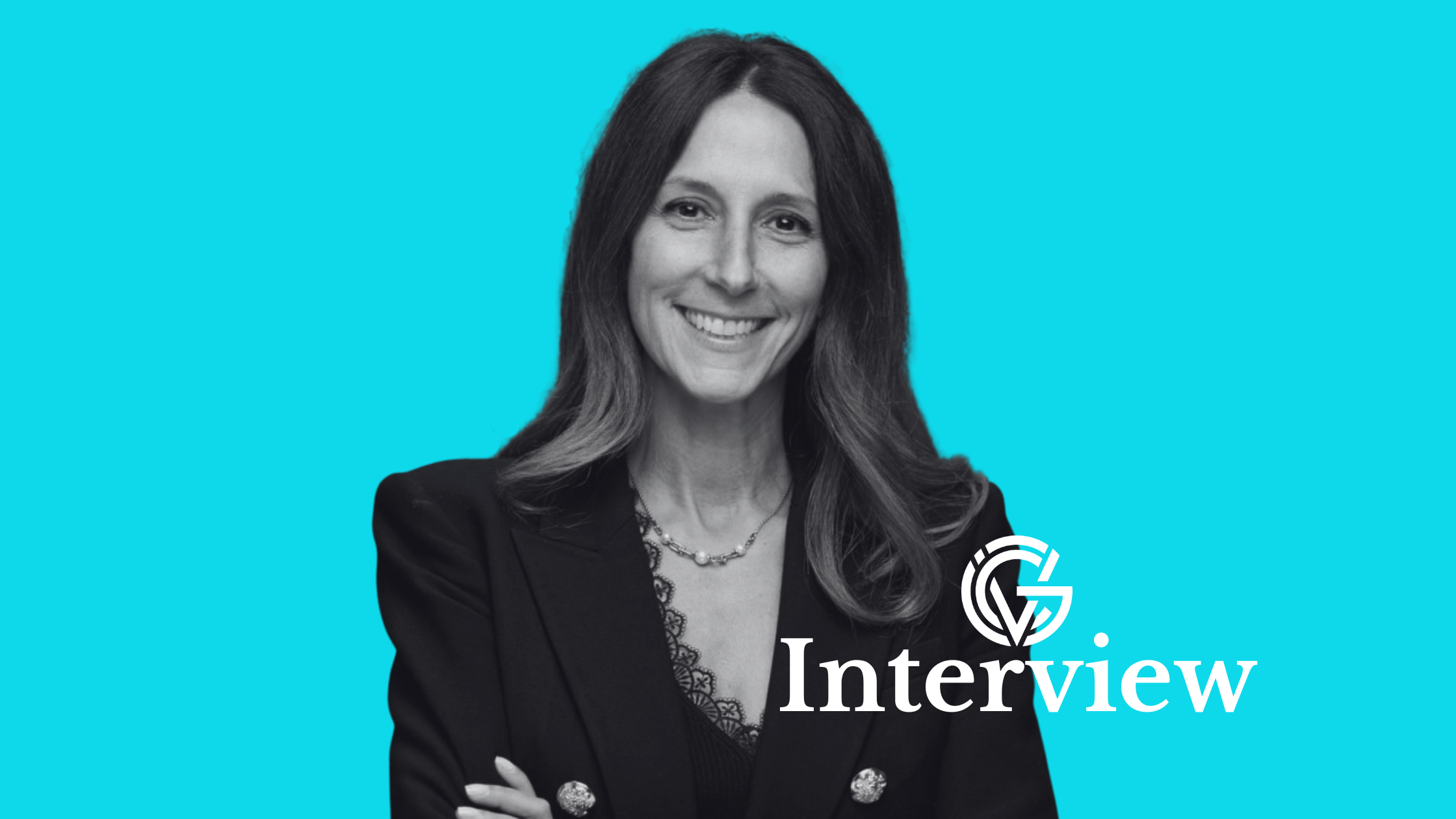The Mayo Clinic has hired entrepreneurs to speed the commercialisation of its medical research as funding from the government declines.
US university hospital system Mayo Clinic, known for its pioneering healthcare research, is homing in on creating and funding companies based on its own healthcare IP, as government funding for health research wanes in the US under the Trump administration.
“Mayo is at a time of tight capital markets and increased scrutiny from an [National Institutes of Health] funding perspective and a flight to quality in the capital markets. So, Mayo is really doubling down and standing behind its innovative technology,” says Audrey Greenberg, a venture partner hired under new programme aimed at boosting venture building.
The Mayo Clinic launched the programme in May to bring in external entrepreneurs and experienced investors who could build companies based intellectual property from the Mayo Clinic. The initiative builds on the role of Mayo Clinic Ventures, the commercialisation arm of the Mayo Clinic which licenses and creates ventures based on the medical centre’s IP.
The extra resources that Mayo is putting into building ventures comes amid budget cuts at the National Institutes of Health (NIH), the medical research agency of the US government, which provides grants for medical research. The US administration has reportedly terminated nearly $10bn in research grants since president Donald Trump took office at the start of 2025.
Reduced government funding, combined with a decrease in venture capital funding for healthcare, is spurring US university hospital systems like the Mayo Clinic to focus on their own commercislisation efforts.
Greenberg is an experienced entrepreneur, having founded and scaled healthcare companies. She also founded the Center for Breakthrough Medicines, a manufacturer of cell and gene therapies. Other newly hired entrepreneurs are Amy DuRoss, co-founder and CEO of Vineti, a developer of advanced therapy supply chain software, and Brian Poger, founding CEO of Alight Health Exchange and Benefitter, a benefits platform for small businesses.
The venture partners team will focus on building companies particularly in the fields of diagnostics, AI digital health and tech-enabled therapeutics where it is early enough to establish sustainable companies and platforms that have access to patients.
“Ninety percent of our time will be spent on venture creation based on Mayo innovations,” Greenberg says. “But if there’s a compelling strategic opportunity to invest outside of Mayo, we’re prepared to deploy capital there as well.”
One element that drew Greenberg to the venture partners programme was the Mayo Clinic’s focus on patient healthcare. She says she wants to prevent innovative ideas falling to the wayside. “I want to commercialise innovations that improve outcomes, reduce costs, or increase system efficiency, and make sure they don’t fall through the cracks.”
The programme is focusing on innovations such as AI-aided predictive diagnostics which may allow diseases to be treated in new or more effective ways, as well as in personalised tools and integrated digital platforms with workflow automation.
Another bucket of innovation is AI-driven clinical decision support. “These tools provide instant, continuous feedback loops from equipment, data and processes to better predict outcomes and improve decision-making,” she says.
The venture partners are also open to co-investing with CVCs. “We welcome partnerships with corporate investors, especially those with strategic alignment to help catalyse growth and amplify impact,” Greenberg says.
Mayo Clinic is an active investor in startups through its Mayo Clinic Ventures arm. See all startups that the company has backed in the CVC Funding Round Database

